Solution-focused therapy is a short-term approach that emphasizes strengths and immediate goal-setting rather than dwelling on challenges. It helps individuals in addiction treatment develop practical solutions and make meaningful progress toward recovery. This therapy helps individuals set immediate goals and take practical steps toward better mental health, reinforcing progress through achievable actions.
In this article, you’ll discover how solution-focused therapy can help patients find solutions that enhance their quality of life.

Understanding Solution-Focused Therapy
Solution-focused brief therapy (SFBT) emerged from the field of family therapy, largely pioneered by Steve de Shazer and Insoo Kim Berg. Their work remains central to this brief therapy approach, which typically requires fewer sessions than traditional methods This short-term therapy is an effective intervention that shifts the focus from past difficulties to present strengths, guided by the belief that individuals already possess many of the resources needed for change—even when they feel stuck or overwhelmed.
Unlike approaches like cognitive behavioral therapy, solution-focused therapy helps the therapist and client collaborate on immediate, goal-oriented outcomes that build self-efficacy. People of all ages benefit from this evidence-based method, which has gained recognition within mental health services for both its brevity and effectiveness.
Key Principles of Solution-Focused Therapy
At its core, the principles of solution-focused therapy center around optimism, resilience, and a goal-oriented perspective. Rather than dwelling on the past, this solution-focused approach encourages clients to identify what works in their lives, thereby helping them find solutions more efficiently.
SFBT helps individuals recognize and replace negative patterns with more constructive responses, reinforcing positive change and progress. It also helps people recognize the strengths they already have, drawing on elements of positive psychology to bolster hope and determination.
For many, being part of this type of therapy offers motivation and clear steps toward their goals without spending excessive effort dwelling on past failures. The therapy focuses on incremental wins—no matter how small—so clients build confidence in their ability to move forward.
How Does Solution-Focused Therapy Work in Addiction Treatment?
People with addiction often wrestle with drug addiction, alcohol use, or other substance use issues, and this type of intervention helps patients concentrate on their strengths rather than on previous setbacks. As part of addiction treatment, solution-focused therapy can help individuals see how to improve their quality of life by focusing on small but meaningful successes. Some also experience co-occurring mental health disorders, so emphasizing tangible goals encourages solid treatment progress.
Because this therapy is goal-oriented, it meshes well with other treatment approaches, including family therapy or more traditional methods. These strategies also fit well into tailored treatment plans that address individual needs. By highlighting practical actions and immediate triumphs, solution-focused therapy enables people with addiction or alcohol use disorder to stay hopeful and involved throughout the treatment of substance use.
Effective Techniques Used in Solution-Focused Therapy for Addiction
In solution-focused therapy for substance use disorders, several techniques are used to help clients move forward. One of the most renowned tools to enhance progress is the miracle question, where the therapist asks something like, “If you woke up tomorrow and your issue was completely gone, what would your life look like without the problem?” This prompts the client’s imagination to focus on solutions rather than dwelling on difficulties.
Another core component involves scaling questions, where the therapist will ask clients to rate their motivation and confidence on a numerical scale. For instance, the therapist might say, “On a scale of 1 to 10, how would you rate your coping strategies today?” This quantifies progress and highlights small victories, no matter how small.
By encouraging individuals to envision what their day would look like without the problem, solution-focused therapy modifies or replaces default solution patterns with more constructive habits that improve their lives. Many of these techniques can also be used in group sessions or with families to reinforce positive coping and help clients find realistic avenues toward recovery.

The Role of Positive Psychology in Solution-Focused Therapy
SFBT aligns closely with positive psychology, as both emphasize existing strengths and the innate capacity for growth. By concentrating on what already works, people struggling with substance use disorders experience a more uplifting and therapeutic environment.
This approach can also be integrated into a behavioral health setting or treatment center, where professionals harness the resources of solution-focused therapy to help patients develop effective coping strategies.
Even those facing severe mental health concerns or high-impact life events can benefit from the hopeful, goal-oriented atmosphere that this therapeutic method provides. In many ways, solution-focused therapy becomes a powerful way to enhance overall well-being, reduce relapse risks, and empower lasting change for those aiming to improve their lives.
Final Thoughts from Radix Recovery
At Radix Recovery, we believe in the power of solution-focused therapy to foster meaningful changes for individuals struggling with substance use disorders. Our addiction treatment services in Cedar Rapids blend evidence-based practices with a goal-oriented approach, ensuring that every client feels equipped to find solutions. By emphasizing immediate strengths and practical steps, we help patients move forward confidently.































































































